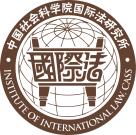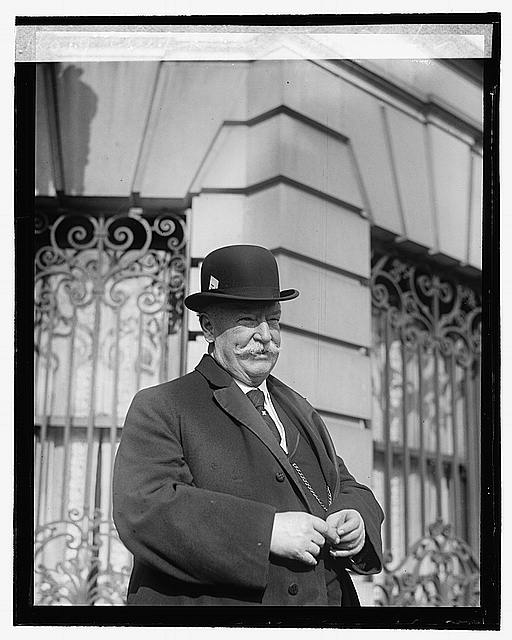The Executive Does Not Control Common Law Immunity
A previously reported on TLB, the Supreme Court granted certiorari in Türkiye Halk Bankasi, A.S. v. United States, to decide whether a bank owned by Turkey is entitled to foreign state immunity from federal criminal prosecution. Halkbank was indicted for evading sanctions against Iran. Both lower courts denied immunity to Halkbank, reasoning in part that…
Continue ReadingSolicitor General Recommends Denial of Cert in NSO v. WhatsApp
On November 21, the Solicitor General (SG) filed a brief recommending that the Supreme Court deny cert in NSO Group Technologies Ltd. v. WhatsApp Inc. NSO, an Israeli company that makes surveillance technology, claims that it is entitled to immunity from suit under federal common law because it acted as the agent of foreign states….
Continue ReadingA Century of Changes in Extraterritoriality
This post is a lightly edited version of a talk given virtually on November 26, 2022, at the “International Symposium on Accelerating Changes Unseen in a Century and the Development of International Law” organized by the Chinese Academy of Social Sciences, Institute of International Law. I am pleased to be with you today to discuss…
Continue ReadingState Department Recognizes Head-of-State Immunity for MBS
Earlier today, the U.S. State Department recognized that Crown Prince Muhammad bin Salman (MBS) is entitled to head-of-state immunity as Prime Minister of Saudi Arabia in a case brought by Democracy in the Arab World Now (DAWN) and the widow of journalist Jamal Khashoggi, who was brutally murdered by Saudi security agents at the Saudi…
Continue ReadingThrowback Thursday: United States v. Bowman
One hundred years ago, on November 13, 1922, Chief Justice William Howard Taft delivered the Supreme Court’s decision in United States v. Bowman, holding that a federal statute that made it a criminal offense to conspire to defraud a corporation owned by U.S. government applied extraterritorially to conduct on the high seas and in Brazil….
Continue ReadingSupreme Court to Decide Extraterritorial Reach of Trademark Statute
Today the Supreme Court granted review in Abitron Austria GmbH v. Hetronic International, Inc. to consider when the federal trademark statute, known as the Lanham Act, applies extraterritorially. In Steele v. Bulova Watch (1952), the Court held that the act applied extraterritorially to the infringement of a U.S. trademark in Mexico. But lower courts have developed different tests for implementing Steele, creating a…
Continue ReadingSecond Circuit Again Limits Extraterritorial Reach of Commodity Exchange Act
In Laydon v. Coöperatieve Rabobank U.A., the Second Circuit once again held that the Commodity Exchange Act (CEA) does not apply to futures contracts traded on U.S. exchanges that are tied to the values of foreign commodities. Although the transactions in this case undoubtedly occurred in the United States, the court held that the claims…
Continue ReadingSDNY Rejects Immunity for Former Diplomat in Trafficking Case
To ensure that diplomats can perform their functions without harassment, international law grants them broad immunity from the criminal and civil jurisdiction of the state to which they are accredited. Unfortunately, some diplomats seem to treat such immunity as a license to abuse their domestic servants. Earlier this year, Ingrid (Wuerth) Brunk reported on a…
Continue ReadingCert Petition Highlights Split on Extraterritorial Application of Civil RICO
In RJR Nabisco v. European Community (2016), the Supreme Court held that RICO’s civil cause of action requires a domestic injury to business or property. The Court noted, however, that “[t]he application of this rule in any given case will not always be self-evident, as disputes may arise as to whether a particular alleged injury…
Continue ReadingDoes the TVPRA Apply Extraterritorially? Thoughts on the U.S. Chamber of Commerce Amicus Brief in Doe v. Apple
As the U.S. Supreme Court has repeatedly limited the scope of the implied cause of action under the Alien Tort Statute (ATS), victims of human rights abuses have looked to other U.S. statutes for remedies. One of these is the Trafficking Victims Protection Reauthorization Act (TVPRA), which creates a civil remedy against perpetrators and others…
Continue Reading






